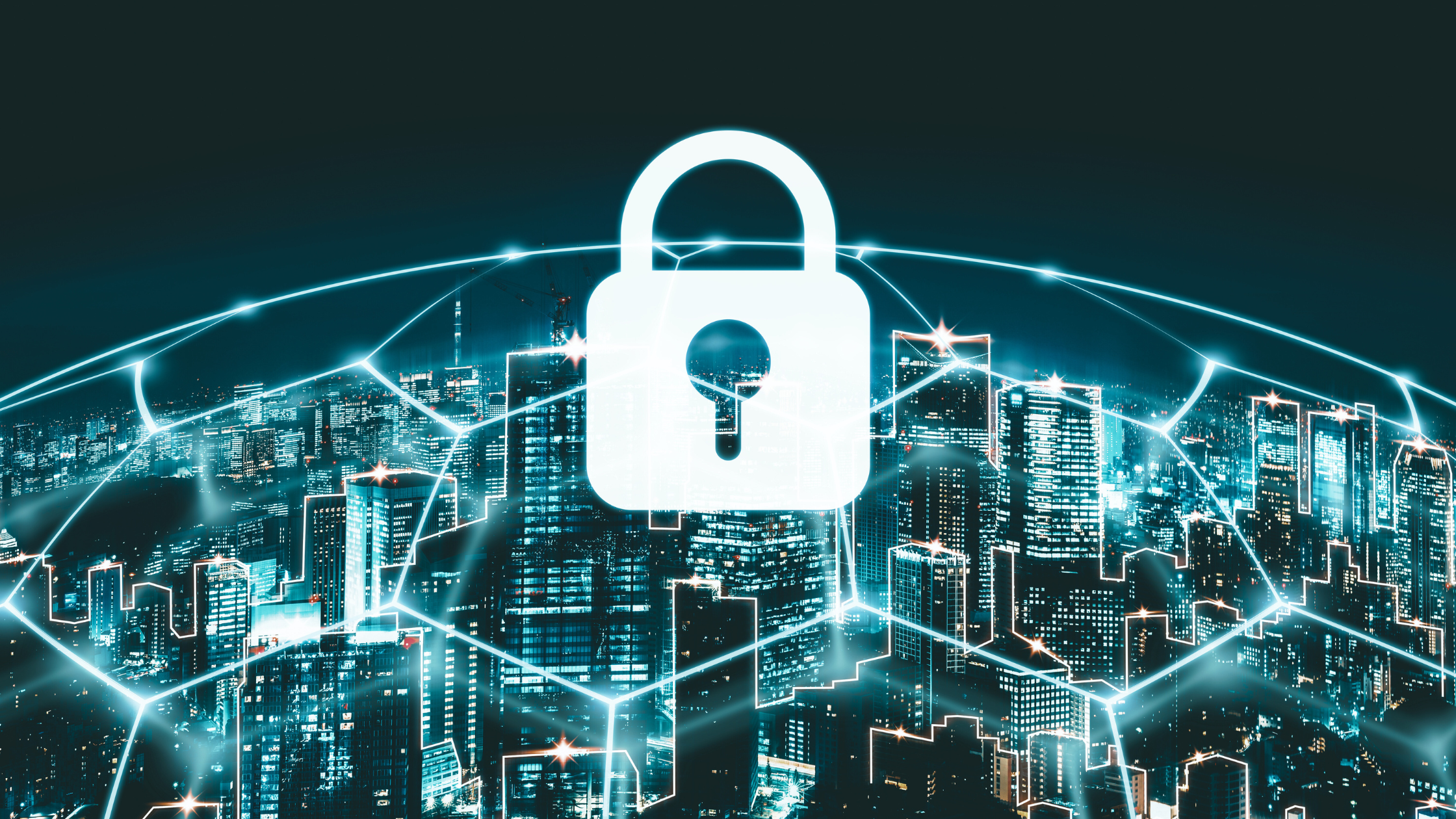
In today’s world, cyberthreats are no longer just a big-business problem. Cybercriminals are increasingly targeting small and medium-sized businesses (SMBs), which often lack the robust defenses of large corporations. With the average cost of a data breach exceeding $4 million (IBM), even a single incident could spell disaster for smaller companies.
This is where cyber insurance comes in. Not only can it help mitigate the financial blow of a cyberattack, but it also serves as a critical safety net to keep your business moving forward after an incident.
Here’s everything you need to know about cyber insurance, why it’s essential for your business, and how to qualify for coverage.
What Is Cyber Insurance?
Cyber insurance is designed to cover costs related to cyber incidents such as data breaches, ransomware attacks, or system outages. For small businesses, it’s an essential safeguard, providing financial support when you need it most. Here’s what it typically covers:
- Notification Costs: Informing customers about a data breach.
- Data Recovery: Covering IT support to restore lost or compromised data.
- Legal Fees: Addressing lawsuits or regulatory fines.
- Business Interruption: Compensating for lost income during downtime.
- Reputation Management: Supporting PR efforts to rebuild trust.
- Credit Monitoring: Protecting customers affected by breaches.
- Ransom Payments: (In some cases) Covering ransom demands in cyber extortion scenarios.
Cyber insurance policies generally include two types of coverage:
- First-party coverage: Covers direct losses to your business, such as recovery and response costs.
- Third-party coverage: Addresses claims from clients, vendors, or partners impacted by an incident.
Think of cyber insurance as your safety net when the unthinkable happens.
Do Small Businesses Really Need Cyber Insurance?
Cyber insurance isn’t legally required, but it’s becoming a must-have for SMBs. Here’s why:
- Phishing Scams: These attacks trick employees into revealing sensitive information. SMBs are prime targets, and without proper training, even savvy employees can fall victim.
- Ransomware Attacks: Hackers can lock your files and demand a ransom. Paying isn’t always the answer—some data is never recovered even after payment.
- Regulatory Compliance: Mishandling customer data can result in fines or lawsuits, especially in industries like healthcare, finance, or legal services.
While strong cybersecurity measures are vital, cyber insurance provides the financial safety net your business needs when those measures fall short.
What Do You Need to Qualify for Cyber Insurance?
Insurance providers want assurance that your business takes cybersecurity seriously. Here are some common requirements:
-
Security Baselines
You’ll need foundational protections like firewalls, antivirus software, and multifactor authentication (MFA). These basics reduce the likelihood of an attack and are often non-negotiable for coverage. -
Employee Cybersecurity Training
Human error is one of the top causes of breaches. Insurers may require proof that your employees understand how to spot phishing emails, use strong passwords, and follow security best practices. -
Incident Response and Recovery Plans
A documented plan for responding to cyber incidents shows insurers you’re prepared to minimize damage and recover quickly. -
Routine Security Audits
Regular assessments of your cybersecurity defenses help identify vulnerabilities. Insurers may require annual audits to ensure your systems are up to date. -
Identity and Access Management (IAM) Tools
These tools monitor who has access to your systems and enforce strict authentication protocols. Role-based access control and MFA are often required. -
Documented Cybersecurity Policies
Written policies around data protection, password management, and access control demonstrate your commitment to security and help create a culture of awareness within your team.
Additional factors insurers may consider include data backups, network monitoring, and your ability to classify and protect sensitive data.
Protect Your Business with Confidence
The question isn’t if your business will face cyberthreats—it’s when. Cyber insurance can be a critical tool to protect your business from financial disaster. Whether you’re exploring coverage for the first time or renewing a policy, meeting the right requirements will ensure you qualify for the coverage you need.
At Iler Networking and Computing, we understand the unique challenges small businesses face when it comes to cybersecurity. That’s why we offer a FREE Security Risk Assessment to help you identify gaps in your defenses and ensure you’re fully prepared to meet cyber insurance requirements.
Ready to secure your business? Click here or call us at 440-322-4537 to schedule your assessment. Don’t leave your business vulnerable—protect it with confidence.







